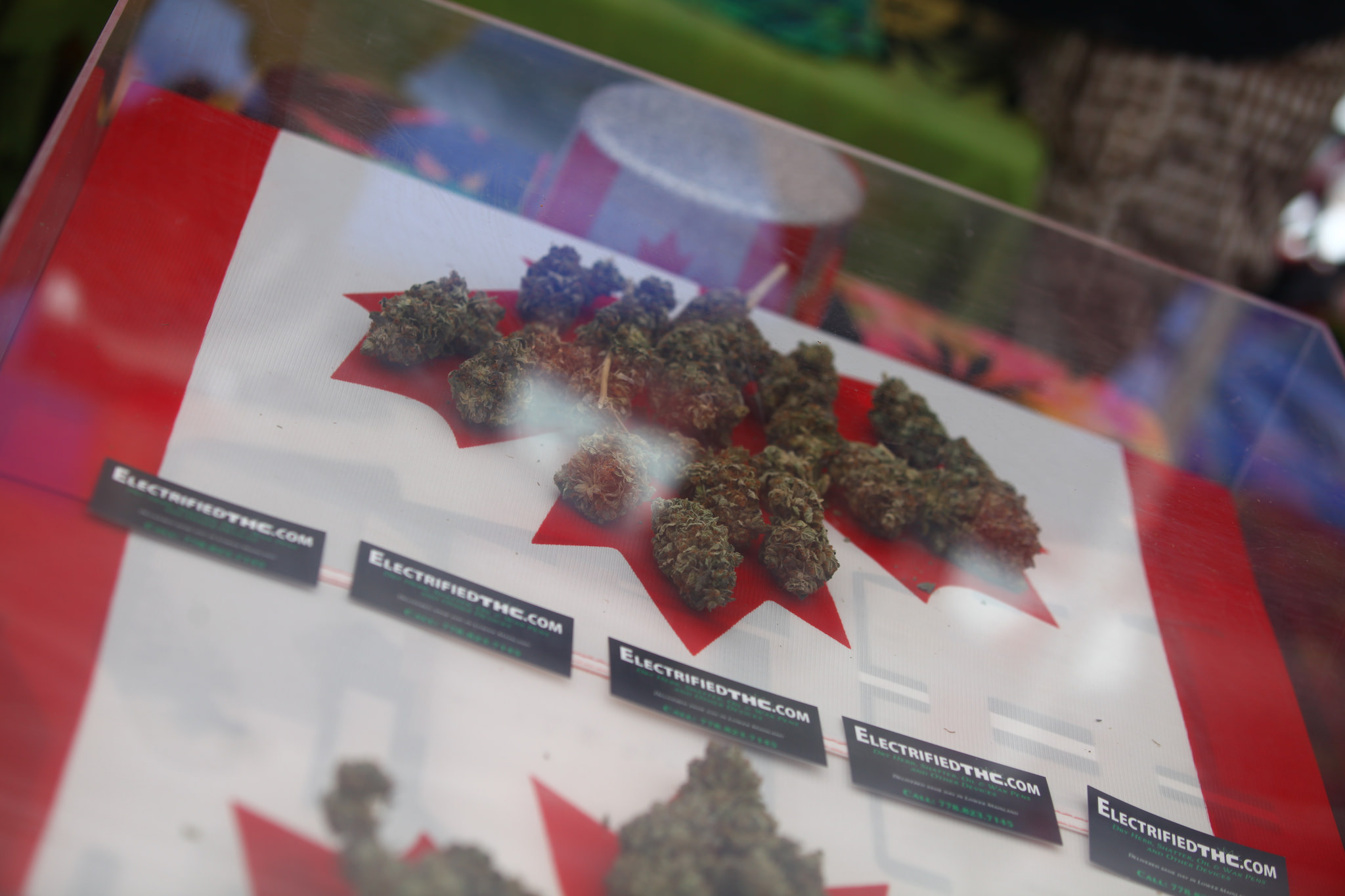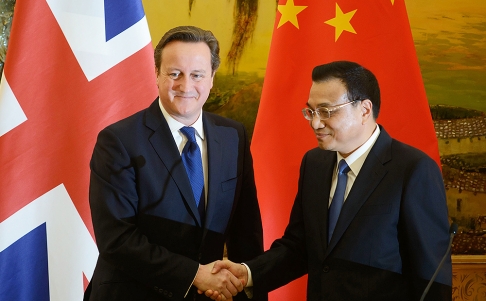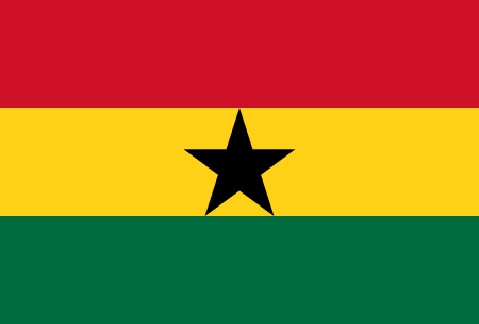Abstract: Euroscepticism is on the rise across Europe. With the upcoming European Parliament elections in May 2019, it is expected that many populist parties and groups will make significant gains in the polls. Over the past half-century, with the creation of the European Union and the Eurozone, the European continent has become more entangled and united than ever before. What effect might gains made by Eurosceptic and populist groups across Europe have on the policy directions and institutional and structural logos of the European Union?
Skepticism towards the European Union and its institutions is not a new phenomenon. In recent years however, populism and Euroscepticism have made significant gains in various member states, including the Fidesz party in Hungary, the 5Stars Movement in Italy and the 2016 Brexit vote in the U.K. to leave the bloc. Accordingly, it is expected that many populist political parties will make strides in the European parliamentary elections set for May 2019. While these dissent groups seek to rally nationalism and hold alternative visions for the future of the bloc, other prominent Brussels-based Eurocrats seek to further unite Europe politically, socially, and economically. In 2018 The President of the European Commission, Jean-Claude Junker has called for the E.U. to ‘seize more sovereignty’ from its member states, in order for the E.U. to become a major ‘global power.’ Likewise, French President Emmanuel Macron has proposed a military wing of the E.U. along with a ‘European Army’ to rival that of Russia, and the United States.
Given the wide array of diversity among E.U. member states, there are stark differences between European populist parties across the continent. For example, in Italy and Greece Europhobes have outlined disdain for the single Euro currency. This however, isn’t an issue in other E.U. member states where populism is rising, such as in Hungary that doesn’t use the Euro, and in Germany which has seen its economy strengthen as a result of the Euro. There are, however, common features across these groups, including anti-immigrant, pro-Christian, hyper-nationalist, and anti-E.U. sentiments. These groups suggest that due to the centralized structure of the European Union, member states’ ability to make their own decisions has become limited. They also maintain that the ‘one-size fits all’ superstructure of the E.U. cannot possibly support the myriad of differences between E.U. member states.
To bring real change to E.U. institutions, Italy’s leader of the anti-establishment 5Stars movement, Luigi Di Maio announced the launch of a new, anti-E.U. political party to contest in the European Parliament elections. The goals of the party include fundamentally changing the European Union from within, to “paralyze decision-making in the institutions”, and according to Italy’s current Deputy Prime Minister Matteo Salvini, “usher in a European spring.” It takes seven parties (among various member states with elected MEPs) to form an official E.U. Parliamentary party, but this party has already garnered support from five groups across various countries in the bloc. In addition to Italy’s 5Stars, these members include: Liike Nyt in Finland, Croatia’s Zivi Zid (Human Shield), AKKEL (the Agricultural Livestock Party) in Greece, and the Polish group Kukiz’15. Many figures belonging to these parties have gained notoriety for recent actions in their own countries. Di Maio met with leaders of France’s anti-government yellow vests protests, which escalated tensions between Macron and Di Maio, and resulted in Italy recalling its French ambassador back to Rome. In Greece, AKKEL party leader Evangelos Tsiobanidis suggested that “Greece has lost its sovereignty, and that E.U. corruption have taken democracy away from the people.” Tsiobanidis also stated, “the country [Greece] is an occupied nation like during WWII, the only difference it’s that it is occupied by the E.U. and NATO.”
In May, E.U. citizens across Europe will vote for Members of European Parliament (MEPs) that will dictate the legislative, supervisory and budgetary functions of the European Union. These MEPs will control the biases, value-laden motives and policy direction of the E.U., that in turn, will further unite or divide the bloc. Over the post-war century, European institutions have grown increasingly inward, and become more centralized than ever before. With the surge in success of like-minded populist and nationalist political parties across Europe, the May elections could be a watershed moment for the continent. According to some projections Eurosceptic parties are set to win over one-third of the seats in the European Parliament. If successful, this could dynamically shift the direction of a range of E.U. policies, including those pertaining to support for the single currency, foreign relations, and cooperation with intergovernmental organizations such as NATO and the U.N. While European populism may make significant strides in the 2019 European Parliamentary elections, multivariate and competing conservative interests would need to form unlikely coalitions for any Eurosceptic and nationalist actors to assert real power in Brussels.
Featured photo: EU Flag Brexit Europe (2017), by Mediamodifyer, via Pixbay. CC 2.0
Disclaimer: Any views or opinions expressed in articles are solely those of the authors and do not necessarily represent the views of the NATO Association of Canada.
Author
-
Dakota Bewley is currently in his final semester of his undergraduate bachelors degree studying Criminology, at Wilfrid Laurier University, all the while doing a Junior Research Fellowship at the NATO Association of Canada, and working for the City of Kitchener part-time. Throughout Dakota's time at university, and prior to, he has refined his interpersonal and communication skills, demonstrated good judgement and problem solving capabilities, refined analytical skills and attention to detail and gained knowledge in areas such as world history and cultures. Dakota has further expanded his interests in subjects such as, national security and global terrorism, international economics and crime, and other world issues. Following Dakota's fellowship at the NATO Association of Canada, and the completion of his bachelor's degree in 2019 he seeks either apply to a master's degree in national security, or get to work in the field of national security.
View all posts




